April Naoko Heck Finds Poetry Next to the Microwave
In October, P&W-supported poet April Naoko Heck participated in a group reading at the University of Maryland’s Jimenez-Porter Writers’ House in College Park, Maryland, to celebrate the unique residential program’s tenth anniversary. She blogs about her experience.
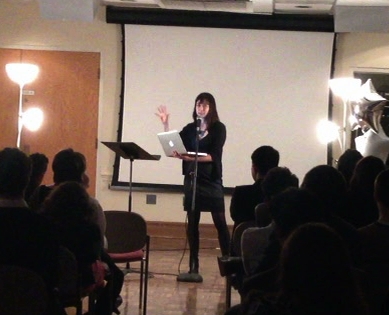 “All men want to sleep with supermodels,” reads one poet at the open mic. A fiction writer draws more laughs while describing characters named after A. A. Milne’s “Winnie the Pooh” tales. Another poet talks about a miraculous survivor of bombings at both Hiroshima and Nagasaki. Yet another reader shares a poem about her father, an avid lover of music whose first purchase as a newlywed is a piano—not the proverbial marital bed.
“All men want to sleep with supermodels,” reads one poet at the open mic. A fiction writer draws more laughs while describing characters named after A. A. Milne’s “Winnie the Pooh” tales. Another poet talks about a miraculous survivor of bombings at both Hiroshima and Nagasaki. Yet another reader shares a poem about her father, an avid lover of music whose first purchase as a newlywed is a piano—not the proverbial marital bed.
This reading by students, alumni, and staff of the Jimenez-Porter Writers’ House is the culmination of an evening of good eats, speeches, games, and door prizes to celebrate the House’s ten-year anniversary.
Named after Katherine Anne Porter and Juan Ramon Jimenez, two writers whose literary legacies left lasting impressions upon the University of Maryland, the Writers’ House is a unique residential creative writing program. Founded in part by UMD’s Michael Collier and Laura Lauth, the program’s roughly fifty students study, write, and live under a single roof on campus in Dorchester Hall (a.k.a “Dork-chester,” the inevitable moniker). The current faculty and program director Johnna Schmidt also spend their working and teaching hours in Dorchester Hall. The result: an extraordinarily tight-knit community of students and teachers sharing a singleness of purpose and a passion for creative writing.
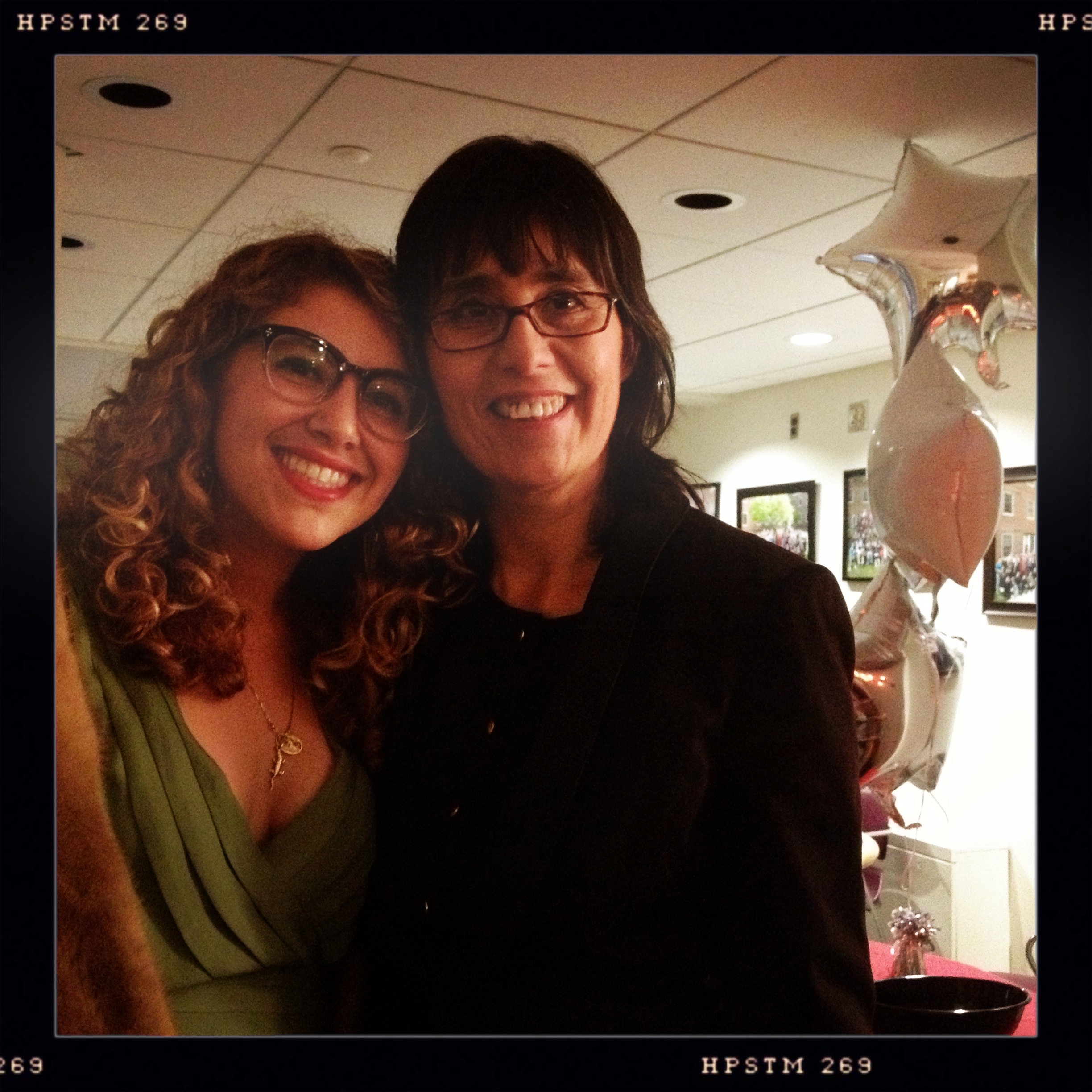 Imagine a faculty office located beside the dormitory kitchen, which is next to the student TV lounge, which doubles as the reception hall following public readings by visiting authors. Classroom lessons spill over into passing conversations; the queue for the microwave turns into a discussion about Ginsberg. The House can’t help but become a vibrant community of young writers.
Imagine a faculty office located beside the dormitory kitchen, which is next to the student TV lounge, which doubles as the reception hall following public readings by visiting authors. Classroom lessons spill over into passing conversations; the queue for the microwave turns into a discussion about Ginsberg. The House can’t help but become a vibrant community of young writers.
That they are often poring over poems and stories while clad in bunny slippers, or business suits, or soccer gear only adds to the feeling that literature is integrated effortlessly into daily life at the Writers’ House. Creative writing is as essential here as so-so cafeteria meals, raucous Terp football games, and Starbucks runs.
As a former assistant director and instructor (2004-‘07), I arrived too late for the crab rangoon and sushi, but I enjoyed a slab of red velvet cake, catching up with old students, meeting new ones, sharing my poetry, and most of all, cheering on the program’s remarkable ten-year run. The House has flourished through the toughest of economic times—a testament to the University’s commitment to educating young writers.
The day after the celebration and reading, I caught one of the last trains before Hurricane Sandy would close down New York City. As the storm approached, thoughts of the Writers House and its ongoing mission kept me warm and brightened the way.
Photos: Top: April Naoko Heck reads (credit: Kyle Bodt). Bottom: alumna Jenna Brager (left) and Assistant Director Vivianne Salgado (credit: Kerry Gantt).
Support for Readings/Workshops events in the Washington, DC, area is provided by an endowment established with generous contributions from the Poets & Writers Board of Directors and others. Additional support comes from the Friends of Poets & Writers.





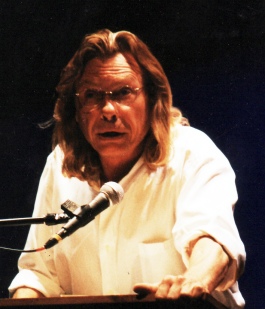 I’d heard Jon Sands read and perform a few years earlier at Sarah Lawrence College. The budget for readings was always meager and P&W has helped out several times. I believe P&W kicked in for a tribute to Muriel Rukeyser, not long before she died.
I’d heard Jon Sands read and perform a few years earlier at Sarah Lawrence College. The budget for readings was always meager and P&W has helped out several times. I believe P&W kicked in for a tribute to Muriel Rukeyser, not long before she died.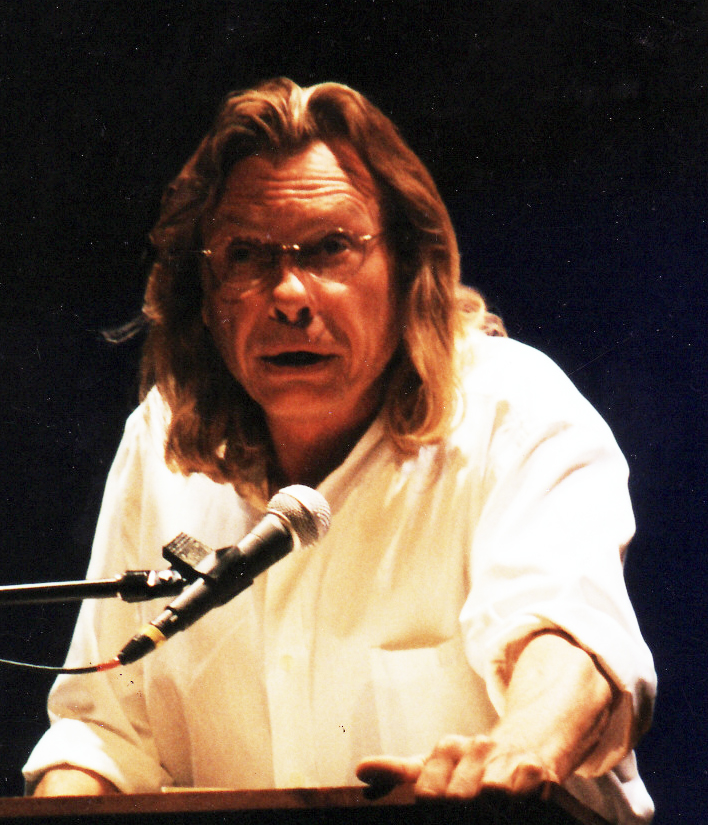
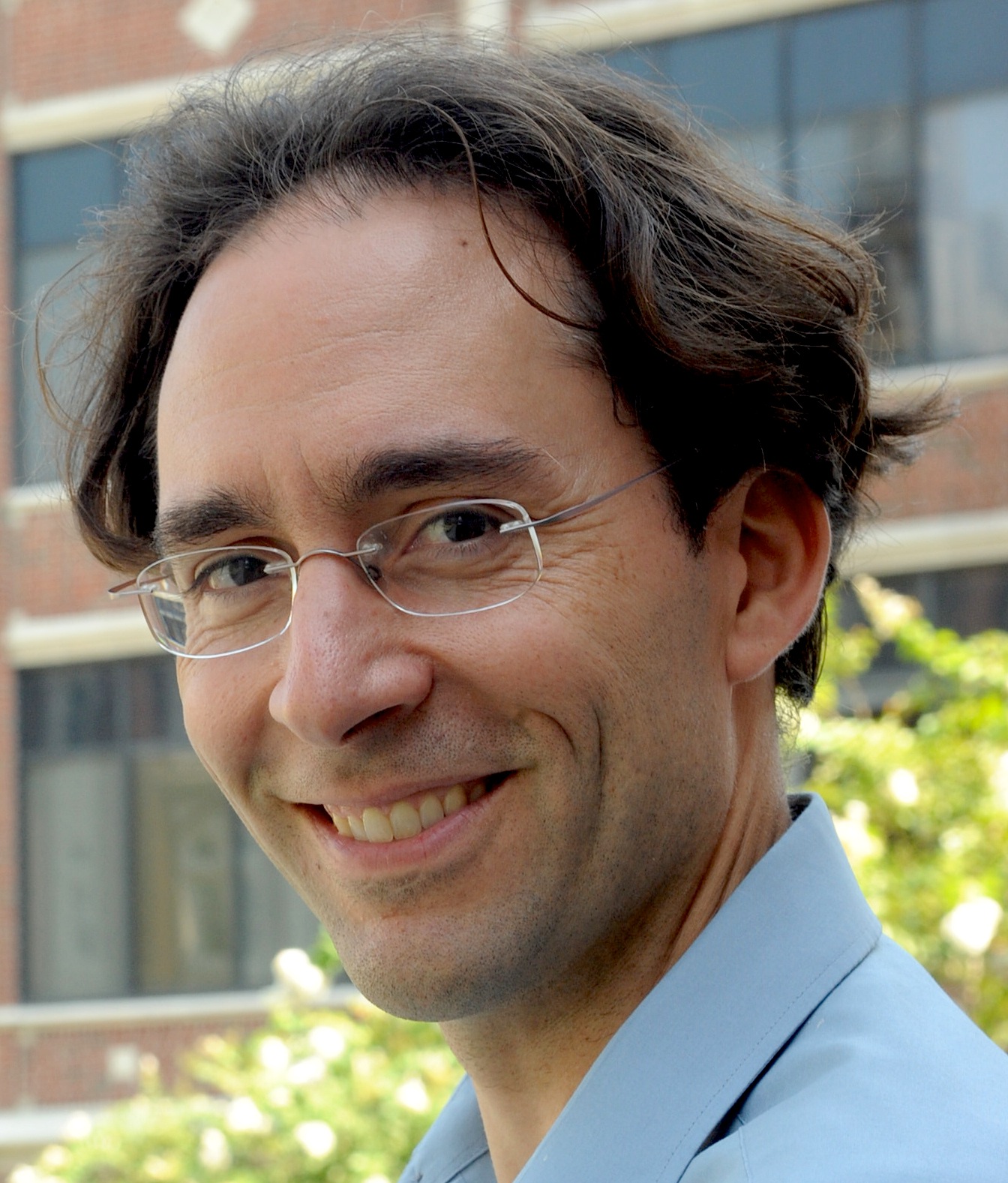 What are your reading dos?
What are your reading dos?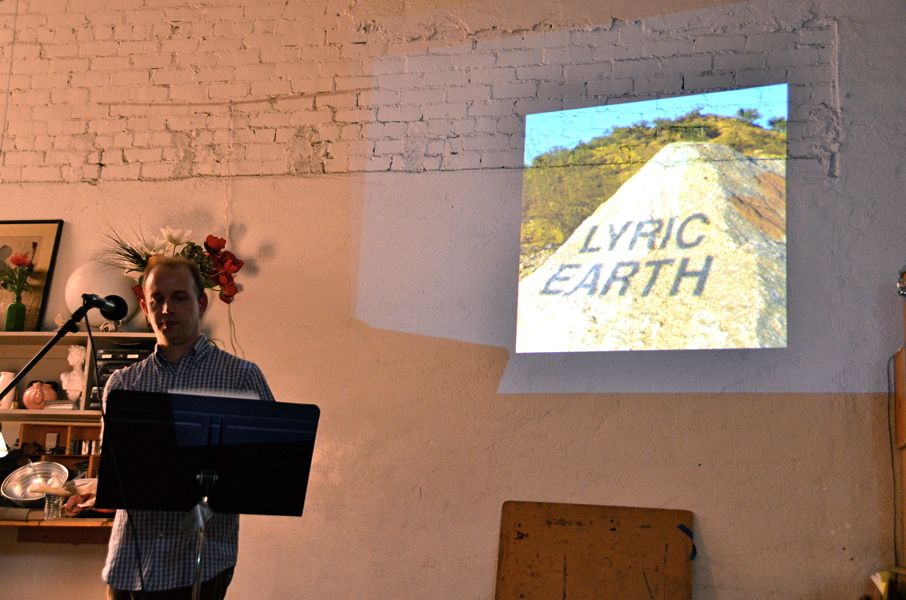 What happens when we engage the spaces between poetry and science, between art and geography, between place and philosophy? What happens when all those categories get mixed up? I’d call the new arrangements that emerge a hybrid poetic geography, in which different fields of thought and knowledge collapse into each other.
What happens when we engage the spaces between poetry and science, between art and geography, between place and philosophy? What happens when all those categories get mixed up? I’d call the new arrangements that emerge a hybrid poetic geography, in which different fields of thought and knowledge collapse into each other.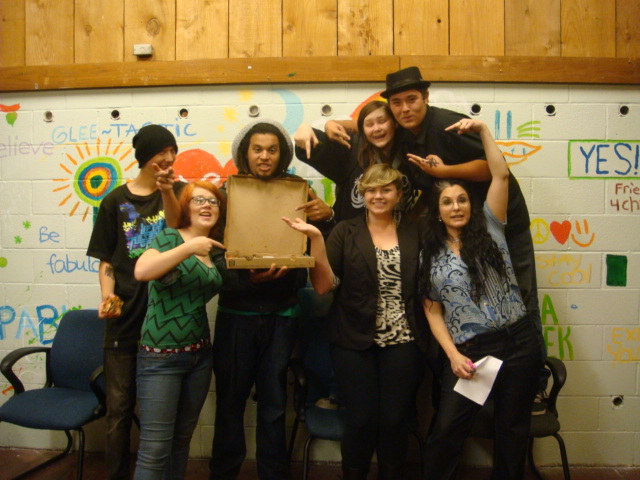 A poetry slam, we now know, has rules. Poems are orally presented, in front of a microphone. The poems must fit in a time slot of three minutes. Structure, rhyme, and meter are optional. Poets come to the front of the audience, one at a time, and deliver their work. Then the judges (there were five of us at the September slam) hold up cards ranging from one to ten, and fractions thereof. So, the poet might receive an 8.7 or a 9.3, a la Olympics. A time-/scorekeeper records the scores, discards the high and low, and averages the remainder.
A poetry slam, we now know, has rules. Poems are orally presented, in front of a microphone. The poems must fit in a time slot of three minutes. Structure, rhyme, and meter are optional. Poets come to the front of the audience, one at a time, and deliver their work. Then the judges (there were five of us at the September slam) hold up cards ranging from one to ten, and fractions thereof. So, the poet might receive an 8.7 or a 9.3, a la Olympics. A time-/scorekeeper records the scores, discards the high and low, and averages the remainder.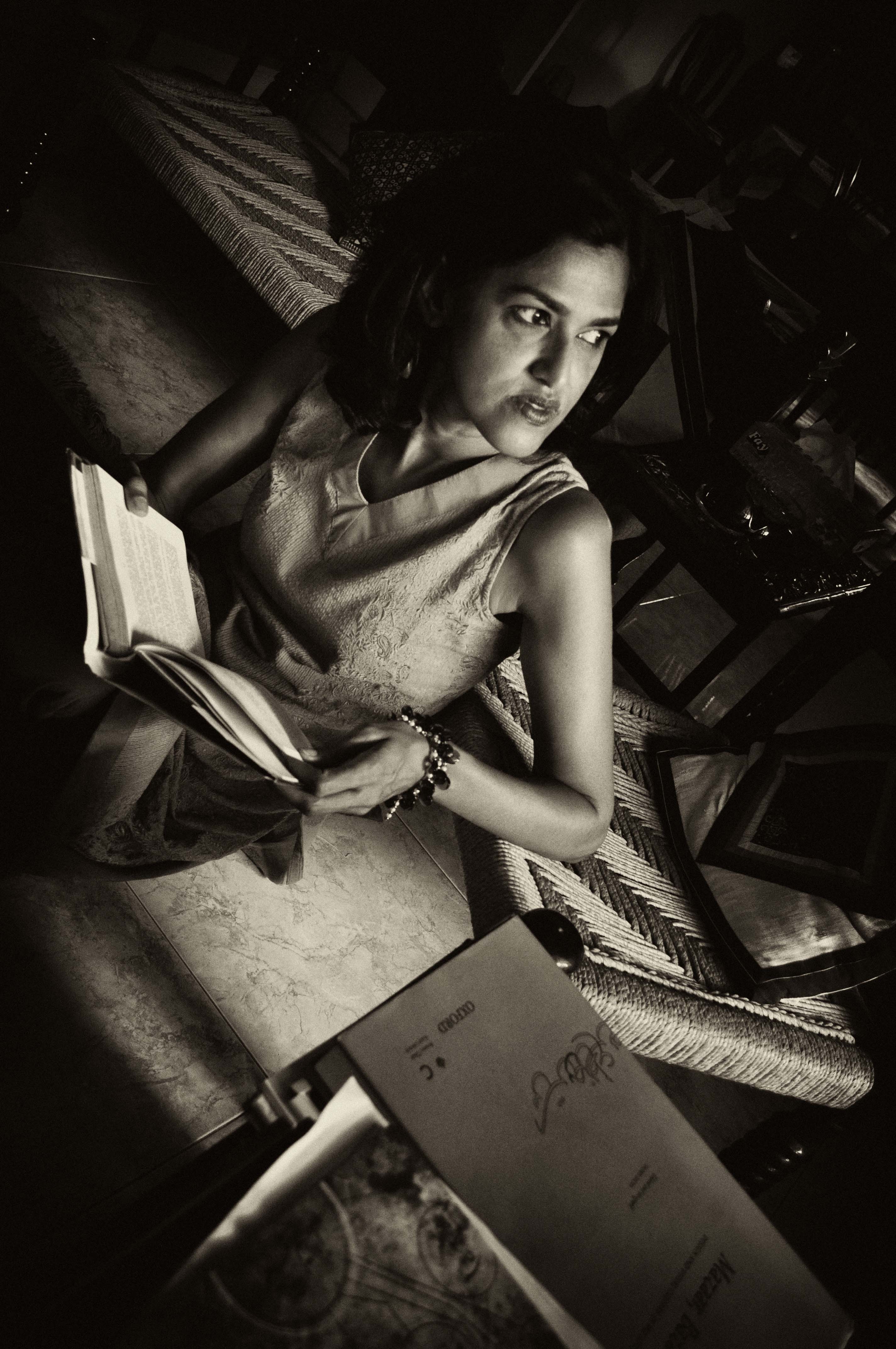 On October 1, 2012, Inprint, Inc., and the Poetry Society of America in association with Nuestra Palabra presented a panel discussion, Red, White & Blue: Poets on Politics, featuring Sandra Cisneros and Tony Hoagland and moderated by the Poetry Society’s executive director Alice Quinn. The gathering, held at the University of Houston, drew a mix of students and community members and there was a rich conversation about the urgency of poets to speak in response to social issues. Both Cisneros and Hoagland read work by poets they admire, followed by a discussion about the importance of giving voice to community. Sandra closed with a poem by
On October 1, 2012, Inprint, Inc., and the Poetry Society of America in association with Nuestra Palabra presented a panel discussion, Red, White & Blue: Poets on Politics, featuring Sandra Cisneros and Tony Hoagland and moderated by the Poetry Society’s executive director Alice Quinn. The gathering, held at the University of Houston, drew a mix of students and community members and there was a rich conversation about the urgency of poets to speak in response to social issues. Both Cisneros and Hoagland read work by poets they admire, followed by a discussion about the importance of giving voice to community. Sandra closed with a poem by 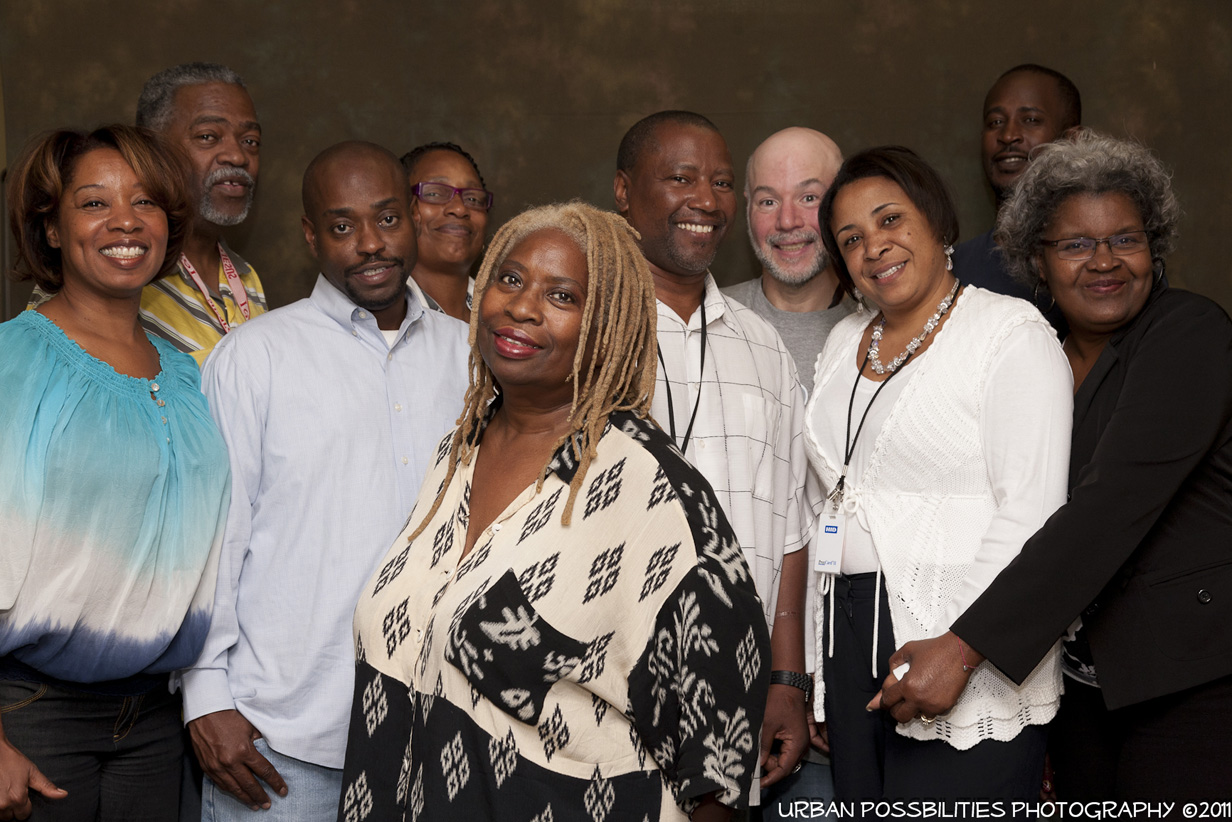 What makes your workshops unique?
What makes your workshops unique?